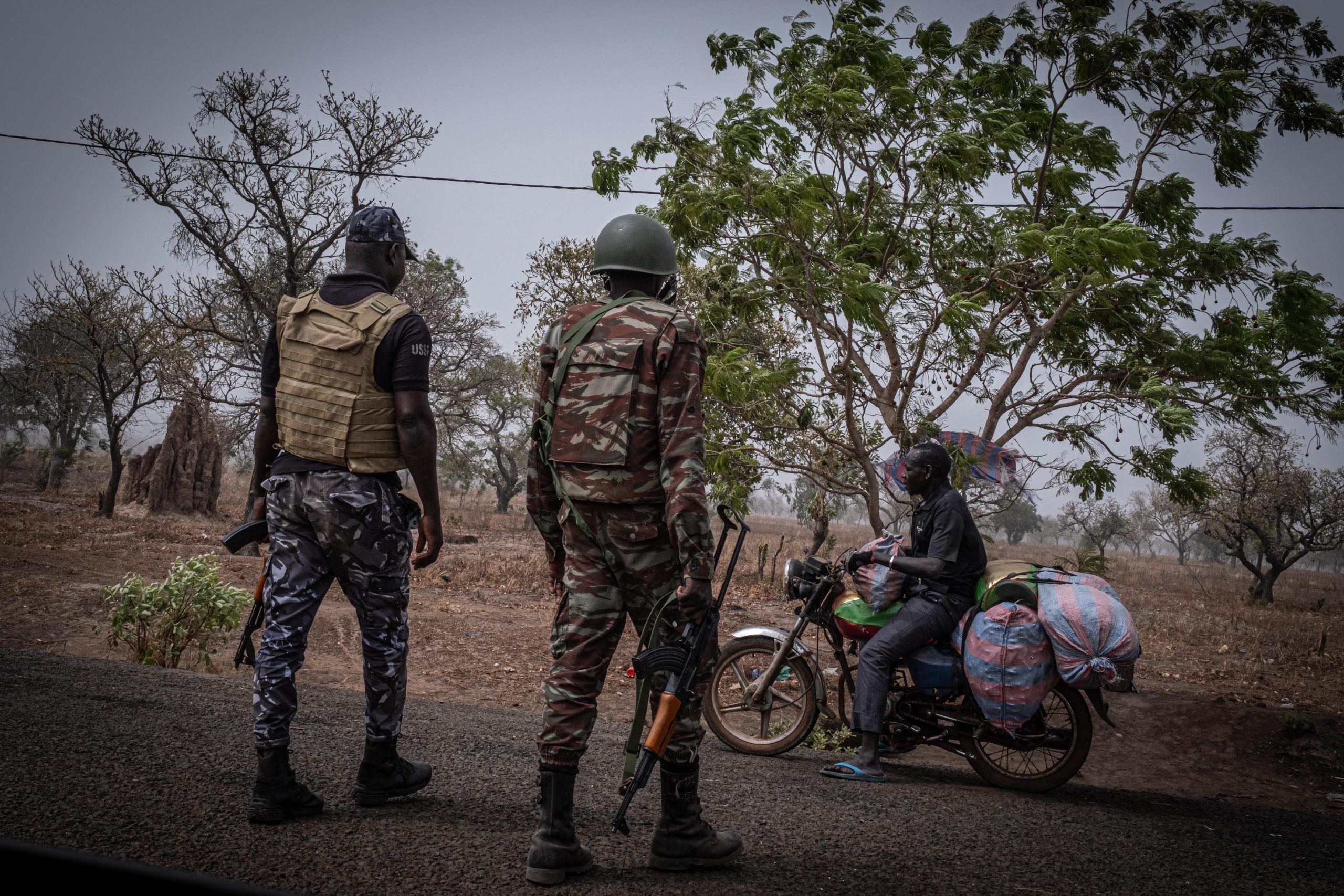The project was funded by the Pulitzer Center.
Since 2018, northern Benin has experienced attacks by jihadist militias from Burkina Faso and Niger. This phenomenon highlights the spread of terrorist activities towards the coastal countries of West Africa. The proliferation of jihadist ideology is intricately tied to various factors affecting the region, including iInter-community tensions, social disintegration, economic depression, political marginalization, resource scarcity, and militarization of environmental conservation efforts. In short: the border areas of northern Benin provide fertile ground for radicalism to thrive.
This in-depth reportage project traces all the issues plaguing this region through the testimonies and personal stories of various individuals affected by these challenges.
In March/April 2022 I traveled to Benin, focusing our mission on the northernmost territories of the Atakora department where many attacks have taken place.
The project showed that there are several factors underlying the jihadist expansion in those areas. First of all, the Atakora department is one of the poorest areas of Benin. It is among the most underdeveloped, with high unemployment rates and a sense of marginalization.
Secondly, there’s a link with the growing environmental crisis, with the reduction of available resources, the increase of inter-communities conflict, between sedentary farmers and nomadic herders, and the success of jihadism proselytism.
Fieldwork has also revealed other key elements. During the last 10 years, Northern Benin has witnessed a change in economic production. Because of President Patrice Talon’s wish to convert this region into a monoculture cotton field, the risk of a food crisis is very high.
Lastly, we observed the militarization of vast nature reserves in the area. This kind of no access zones has reduced the resources available for nomadic herders, and as a consequence, it has fueled intra-communities conflicts.













